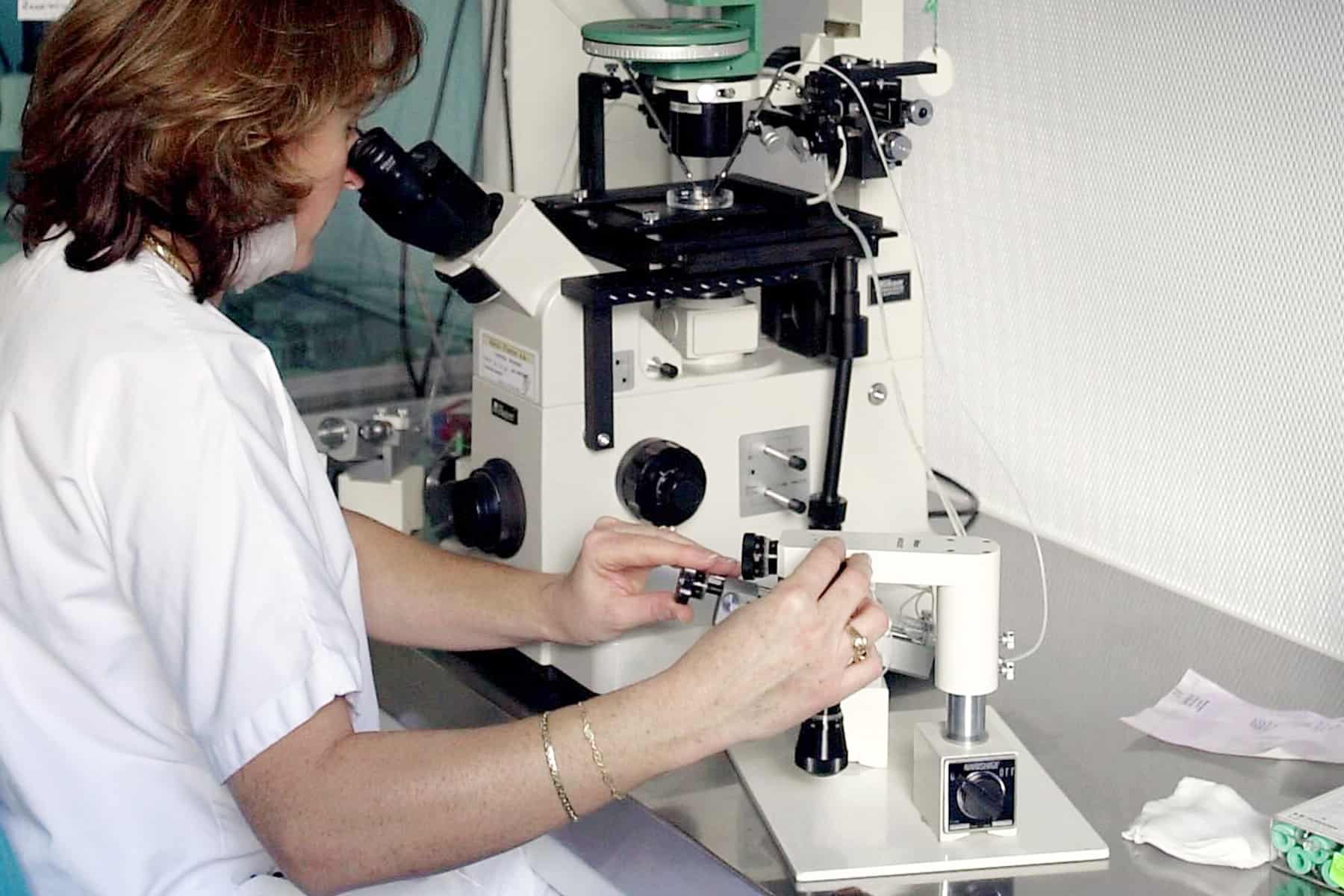Medical research involving human subjects could resume soon in Costa Rica following the publication in the official newspaper La Gaceta of regulations outlining the procedures for approval, development, regulation and oversight.
Costa Rica started biomedical research over 40 years ago, and the first decree regulating it on humans was approved in 1972. That same year the Health Ministry created the first Committee for Medical Research on Humans and drafted regulations for clinical trials of new drugs.
But the Constitutional Chamber of the Supreme Court, or Sala IV, in 2010 annulled the decree and ruled that a law — not a decree — was needed to regulate research on human subjects. The ruling at the time stopped about 120 experiments and 230 studies being conducted in the country, according to Health Ministry records.
Following four years of discussion at the Legislative Assembly, Law 9,234 was finally approved and published in La Gaceta on April 25, 2014. Sala IV’s justices also approved the wording of the new law.
Clear rules
The new law outlines all legal standards and requirements for human subjects to participate in medical and pharmaceutical research and experimentation. It also establishes the creation of the National Health Research Council as the top agency in charge of overseeing all biomedical research both at public agencies and at private practice.
According to Costa Rica’s legislation every law requires a separate regulation explaining how the law’s articles should be interpreted. The Health Ministry approved and published those regulations in an executive decree last Friday.
“Finally, we have clear regulations to restart research here,” Health Minister Fernando Llorca Castro told reporters Tuesday at Casa Presidencial. He also noted that the approved regulation emphasizes ethical aspects of biomedical research.
“Concerns about ethical issues usually raised in developed countries were not clearly regulated here before the law’s approval. This new executive decree also solves the lack of regulations to ensure quality controls over these investigations,” Llorca said.
The Health Ministry’s director of scientific and technological development, Luis Tacsan said the regulation sets precise guidelines on how research should be conducted, as articles of Law 9,234 provide only very general aspects of medical research.
Tacsan acknowledged there are still concerns by various groups on issues such as the testing of new drugs and vaccines, and with tests conducted on vulnerable members of the public such as children, people with disabilities and seniors.
“People must be absolutely clear about the informed consent process. It is not just the act of signing a paper; people must know exactly what they will be submitted to, for what purposes, the chances of a cure and what the risks involved are,” Tacsan said.
Big business
Foreign Trade Minister Alexander Mora said biomedical research could soon contribute to the country’s foreign investment figures.
“We have identified a large interest in reestablishing the level of biomedical research we used to have here. There currently are over 20 studies that could certainly take place here, as we have optimal conditions for conducting these types of investigations,” Mora said.
Among those conditions Mora cited a robust public health system with a high capacity to collect reliable statistics. Also a healthy population that facilitates collection of diverse samples that provides for more accurate results.






